
CO-CREATION OF SMART CITY LIVING LABS
Designing a smart city requires the cooperation of many stakeholders. Large-scale deployment of smart solutions using IoT sensors or artificial intelligence requires testing under near-real-world conditions. What could be more exciting than the collaborative creation of Smart City Living Labs by interdisciplinary project teams made up of students?
After the mapping exercise, you will bring existing initiatives and improve upon them! Or propose new, improved ideas to resolve local challenges!
The goal of the hybrid design course is to develop people-centered products and processes by using state-of-the-art technology to implement Living Lab in your cities. The course will aim to conduct an experiment with a chosen technology that could be part of the living lab's operation. During the workshop, we will explore concerns about diversity (along with what this means for inclusivity and equity) in Smart City Development.
The course is a 5-day event in Warsaw at WUT on 19-23 May 2025
The Workshop contains:
- creating prototypes
- training in business modelling
- reflections on students’ experience
+ online part in between: 7th March + 21th March and 25th April

SCHEDULE
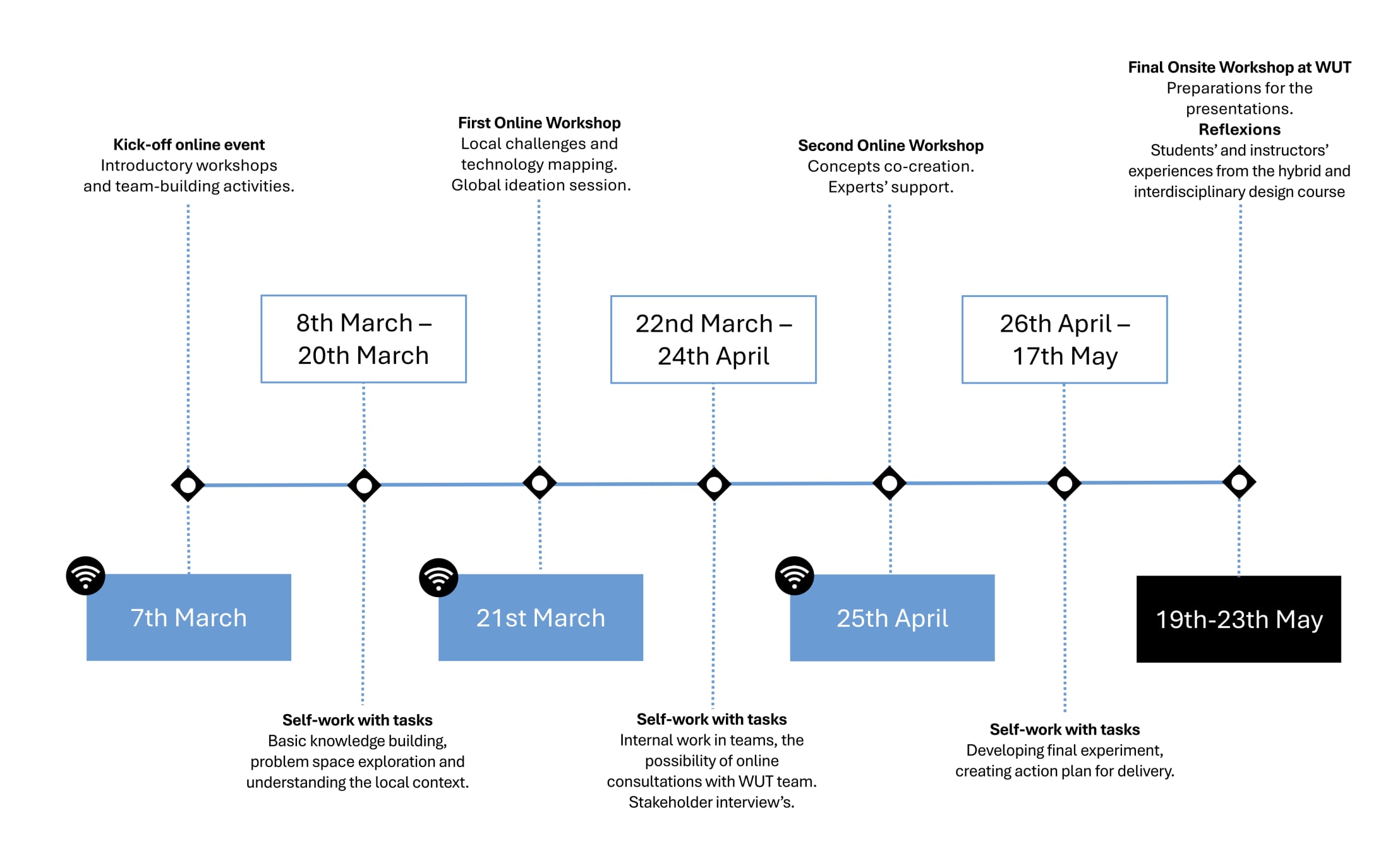


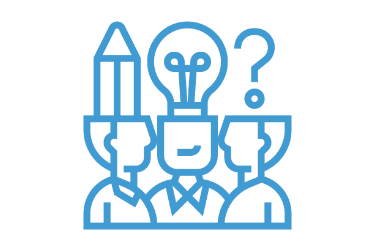

1. The course is co-organized with Rhine-Westphalia Technical University of Aachen (RWTH), Norwegian University of Science and Technology (NTNU) and Warsaw University of Technology (WUT):
► The course in Warsaw is co-financed by NAWA Program (National Agency for Academic Exchange).
2. Participation in the workshop is free of charge.
3. Each University selects one interdisciplinary team consisting of three to four people - the selected participants complete the REGISTRATION FORM.
4. Duration: approximately 3 months
5. ECTS points: 6
6. Number of places: 30

⦁ Level of study: M.Sc. or PhD
⦁ Desire to work in a multi-disciplinary community
⦁ Be open to use innovative methods and data sources (open minded teams)
⦁ Be receptive to more than one potential solution
⦁ Good communication skills
⦁ Being able to give constructive and positive feedback
⦁ Willingness to share expertise
⦁ Time availability, including the ability to come to Warsaw in May
Interdisciplinary teams with diverse skills/competences, for example:
⦁ Architecture and design
⦁ Computer science and information technology
⦁ Sustainability and green solutions
⦁ Business
INSTRUCTORS
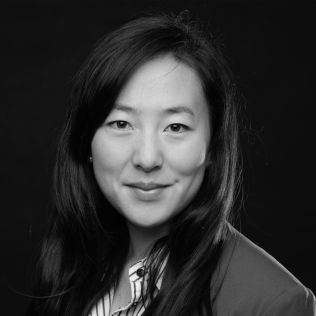
Dr. Robin A. Chang is a PhD research and Lecturer based at the Chair of Planning Theory and Urban Development within the Faculty of Architecture of RWTH Aachen University. Prior to her roles in Aachen, she was based at the Department of European Planning Cultures at the School of Spatial Planning in Dortmund. The intellectual work she has developed at these two institutions builds upon her experience and training as a Natural Resource Planner from British Columbia in Canada. Her work has substantively addressed processes relevant to temporary uses in European contexts of urban regeneration. Theoretically, this draws on frameworks from Sociological and Geographical studies of Time and Temporality as well as Complexity Sciences. Her empirical work pursues set-theoretical approaches through Fuzzy-Set Qualitative Comparative Analysis (fsQCA) to understand how social processes shape the built and lived environment. New areas of interest include the sustainable (or circular) development of urban and industrial lands, Futures Literacy, as well the development of Temporality-framed public engagement methods and processes.
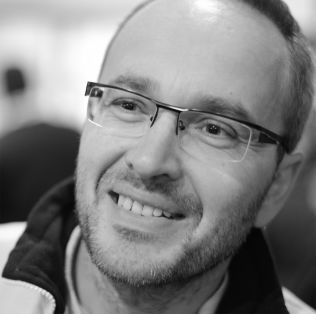
Robert Olszewski deals with the modeling of spatial information, extraction and acquisition of spatial information using artificial intelligence methods, as well as the subject of smart city, cartographic generalization, geostatistics, gamification and social geoparticipation. The results of many years of his scientific work have been published in several monographs and more than one hundred articles. Since 2011 a Professor at the Department of Geodesy and Cartography Warsaw University of Technology, since 2015 Head of the Chair of Cartography. A graduate of the TOP 500 Innovators program, a participant of training in commercialization of research at the Haas School of Business at the University of California at Berkeley. Member of the Rector's team of innovative forms of education - INFOX, conducts interdisciplinary project classes for students of Warsaw University of Technology using Design Thinking methodology. He works with business and government and self-government in the implementation of R&D projects and commercialization of interdisciplinary research in the field of geoinformation, computational intelligence, spatial data services, social geoparticipation, gamification, smart city, and spatial data mining.
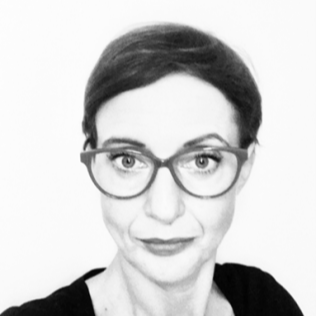
Anna Rolewicz-Kalińska
An expert in the field of sustainability, circular economy and waste management in particular. Since 2010, a researcher and lecturer at the Faculty of Building Installations, Hydrotechnics and Environmental Engineering of the Warsaw University of Technology. For over 15 years he has been dealing with issues related to waste management, and in the last years of the circular economy. In recent years, he has been involved in research in the field of sustainable urban development, including issues related to climate change. Participant of national and international research projects and technical studies in the field of sustainable industrial activity. For many years, she has been training business entities in the practical aspects of waste management and circular economy.
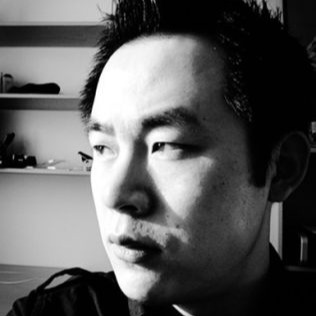
Yu Wang is senior researcher at department of Architecture and Planning, NTNU Norwegian University of Science and Technology. His research is focusing on the fast urbanization and its impacts on urban inhabitants, heritage conservation and urban resilience. He also holds a part-time position at rector’s office for NTNU-China cooperation. Since 2021, he has been appointed as deputy head of the department for research.
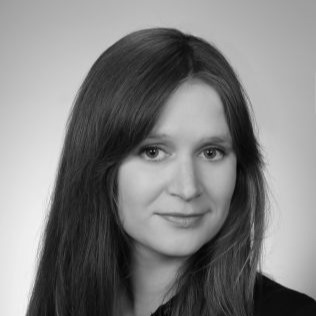
Agnieszka Wendland, PhD, is Assistant Professor at WUT. Her area of research concerns among others spatial planning, urban regeneration, spatial analysis with the use of GIS tools, spatial data mining, social geoparticipation and design thinking. Her scientific output is mainly concerned with issues related to the use of geo-information in the formation and urban development of smart cities, as well as exploratory spatial data analysis and numerical simulation methods using spatial information. She is an author of 56 scientific papers, contributed to many research and development projects, including international (Horizon 2020, Digital Europe, Erasmus+).
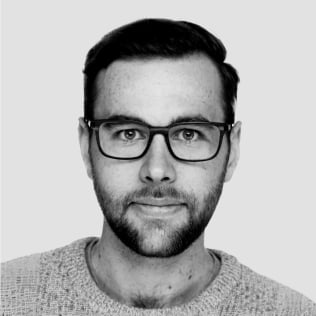
Stefan John is a PhD Researcher at RWTH Aachen Univeristy. After finishing his Master’s Degree in Science and Technology Studies from the Technical University of Munich, his main work is with the Living Labs Incubator, located at the Human Technology Center. Here, he is networking and assisting new and established Living Labs at and around the RWTH Aachen University and conducting research with, for and on them. His research interests are the (infra)structure of Living Labs and experiments within them. Additionally, he offers research based teaching on Living Lab related topics.
21st February - the recruitment deadline
Course type: hybrid mode with online via MS Teams + on-site in Warsaw
Course level: M.Sc. and PhD
Total length: 180 h
ECTS: 6 credit points
Organizing unit: Warsaw University of Technology
Cooperation with: Norwegian University of Science and Technology (NTNU), Rhine-Westphalia Technical University of Aachen (RWTH), under the NAWA programme.
Knowledge
- Knowledge of contributing to or enhancing Smart City living labs as spaces for co-design and experimentation to improve urban living.
- Knowledge of the latest technology solutions regarding diversity (along with inclusivity and equity) concerns.
Skills
- Skills in integrating ideas into solutions and proposing technological solutions for better Smart City development.
- Skills in cooperation in interdisciplinary project teams that use their diversity for the collaborative creation of Smart City Living Labs.
Responsibility and autonomy
- Managing the co-creation process of smart city solutions with responsibility for diverse user groups and stakeholders.
- Understanding the importance of smart solutions in the future city environments
- Understanding of the role of Living Labs in testing under near-real-world conditions.
Block 1 (online): March 7, 2025
- Individual Reflection Exercise
- Mapping exclusion (workshop)
- Team building & Skills mapping
Team self-work (18h)
- Acquiring knowledge on Smart City initiatives
Activities include:
- Brainstorming and team-building sessions.
- Acquiring knowledge on local Smart City initiatives
- Networking and mapping activities
Block 2 (online): March 21, 2025
- Local challenges mapping
- Technology mapping (existing and future)
- Global ideation sessions
Block 3 (online): April 25, 2025
- Concept co-creation and refinement
- Sessions with mentors
Block 4 (place-based, Warsaw): May 19–23, 2025
Participants work on their prototypes and solutions. Activities include:
- Prototyping and hands-on workshops.
- Final presentations and evaluation
- Reflection and feedback on course outcomes
All planned activities undertaken by the universities in the ENHANCE Alliance meet the idea of creating the cities of the future. In these cities economic and social prosperity is built and the rights of the inhabitants are respected. At the same time development and urban planning are economically justified and shaped on the basis of sustainable development and ecological solutions.
1. Each University selects one interdisciplinary team consisting of four people
2. Selected participants complete the registration form below


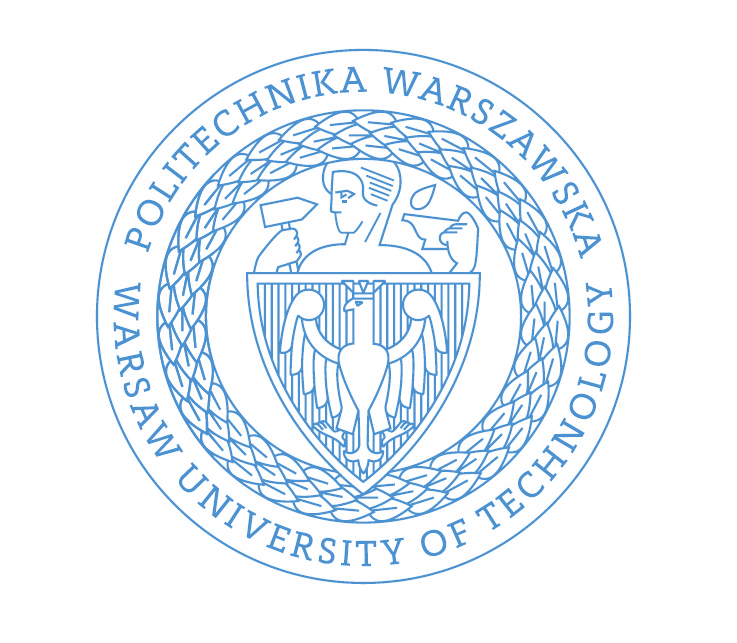
Anna Smulska
Warsaw University of Technology